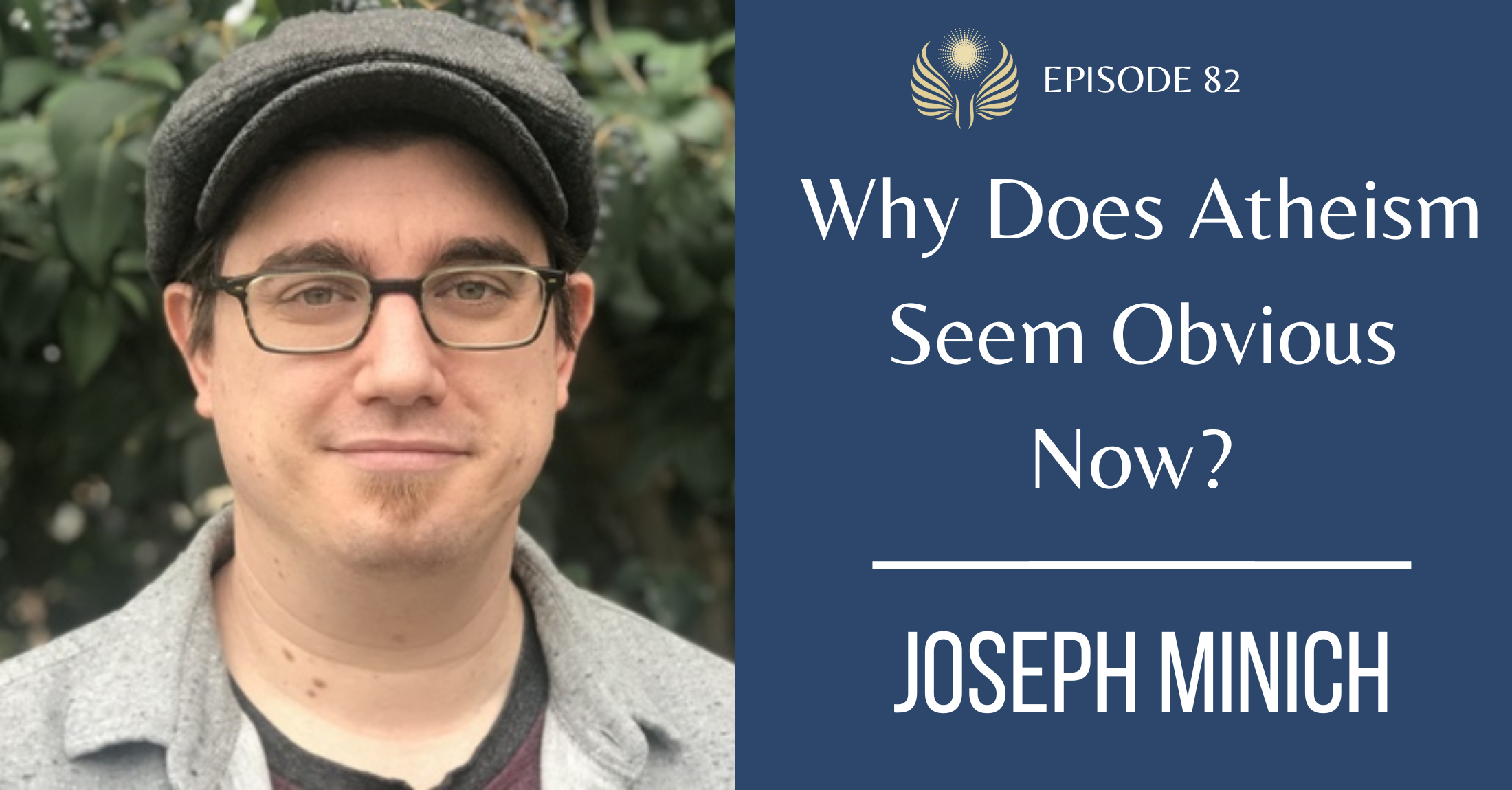Where has a manifest God gone? In his recent book, The Bulwarks of Unbelief: Atheism and Divine Absence in a Secular Age, Joseph Minich explores this question. A teaching fellow at the Davenant Institute, Joseph helps provide resources for retrieving an intellectual heritage to build up the contemporary Church.
Join Joseph and Ryan in their discussion as they ask these questions of modernity: Why has the existence of God become unobvious in modern times? What does it mean to believe in orthodoxy in an age in which it’s not the norm? How has technological artifice affected our understanding of reality? Does it matter that we understand ourselves to live in the modern age?
3:10 - In modern labor in bureaucratic institutions, “a person's perception of their link into a chain of meaningful human action is foreclosed.”
6:14 - Charles Taylor describes our experience of the modern world as holding a belief different from others in a sea of options, as opposed to believing against the backdrop of everybody else believing the same.
7:39 - A prominent reason God is discarded in modernity is that he ceases being obvious when our relationship to the world is mediated through technological artifice.
10:23 - God as agent becomes less obvious when both the world’s agency on us becomes trivialized and our agency becomes invisible in a world of technological labor.
17:50 - Part of God’s divine pedagogy is that we do not need miracles to know God’s existence.
23:02 - “God is actually not that interested in people simply believing in that He exists.”
24:00 - Having orthodoxy as one of many options forces believers to possess their heritage in a deeper way.
28:29 - Trivia Interlude: Church or Climbing Gym?
32:21 - True maturation is rediscovering the humility, wonder, and receptivity that was possessed as a child.
38:20 - After the Industrial Revolution, reality has become performative and confusing, whereas before material context made a confident belief natural.
45:51 - By recognizing our placement in the modern age, we can recognize our unmooring from a tradition-organized culture and orient ourselves to our task, which is to continue to do the good despite not being culturally forced to do it.

